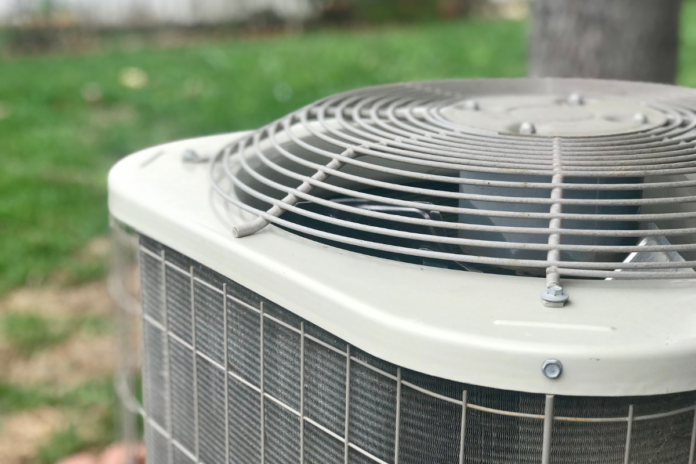When purchasing an HVAC system, considering warranty options is essential. HVAC warranties provide homeowners with protection and peace of mind in the event of equipment malfunctions or failures. However, it’s important to understand that not all warranties are the same. Different types of warranties offer varying levels of coverage. Take a look at some of the common types of HVAC warranties and the protection they may offer.
Home Warranties for HVAC Systems
One solution is to purchase home warranties that cover your HVAC system along with other crucial systems and appliances. Many homeowners seek these options, and several providers and coverage plans are available. These warranties are available via third-party companies, and they provide coverage beyond the standard types of warranties. Their protection can also bridge the gap where manufacturer’s warranties and other coverage solutions fall short.
Manufacturers’ Warranties
Manufacturers’ warranties are standard protection provided by HVAC manufacturing companies. They typically cover defects in materials and workmanship for a specific period, such as 5, 10, or 15 years. Manufacturers’ warranties often require registration of the product within a certain timeframe following its purchase to activate the coverage. The duration and terms of the warranty may vary depending on the manufacturer and the specific model of the HVAC system.
Extended Warranties
An extended warranty is an optional form of coverage that you can purchase at an additional cost. These warranties are generally offered by HVAC system manufacturers, and they provide protection beyond the duration of the basic warranty. Extended warranties can provide peace of mind and protect against unexpected repair costs once the original warranties expire. They cost extra, but homeowners often find that the money they save through extended warranties is well worth the purchase price.
Parts Warranties
Parts warranties cover specific components of HVAC systems. These warranties usually have different terms and conditions than manufacturers’ versions and may cover items like compressors, heat exchangers, motors, circuit boards, and valves. Parts warranties can range from 1 year to the lifetime of the system depending on the manufacturer and the components in question among other factors.
Labor Warranties
While manufacturers’ warranties typically cover the cost of replacement parts, labor warranties cover the cost of work required for HVAC repairs or replacements. Labor warranties are often provided by HVAC contractors and repair companies. Their durations and terms vary, so it’s important to understand the finer details of an HVAC labor warranty when having installations, routine maintenance, or repairs carried out.
HVAC Performance Guarantees
Some HVAC manufacturers offer performance or satisfaction guarantees on their systems. These warranties ensure that the system will meet certain performance criteria or that you will be satisfied with its efficiency and effectiveness. If the system fails to meet the standards specified in the guarantee, the manufacturer may repair or replace the equipment for you.
Covering All the Bases with HVAC Guarantees
HVAC warranties provide valuable protection for your heating and air conditioning system. Understanding the different types of warranties available can help you make an informed decision when purchasing an HVAC system and choosing additional coverage for it. It’s possible to purchase more than one type of coverage for well-rounded protection.
Keep in mind, HVAC warranties often have certain terms and conditions you’ll need to follow to ensure they remain valid. These may include requirements for regular maintenance by a licensed technician, prompt registration of the warranty, and other factors. It’s crucial to read and understand the warranty in question to make the most of the coverage you purchase and prevent unpleasant surprises later on.





